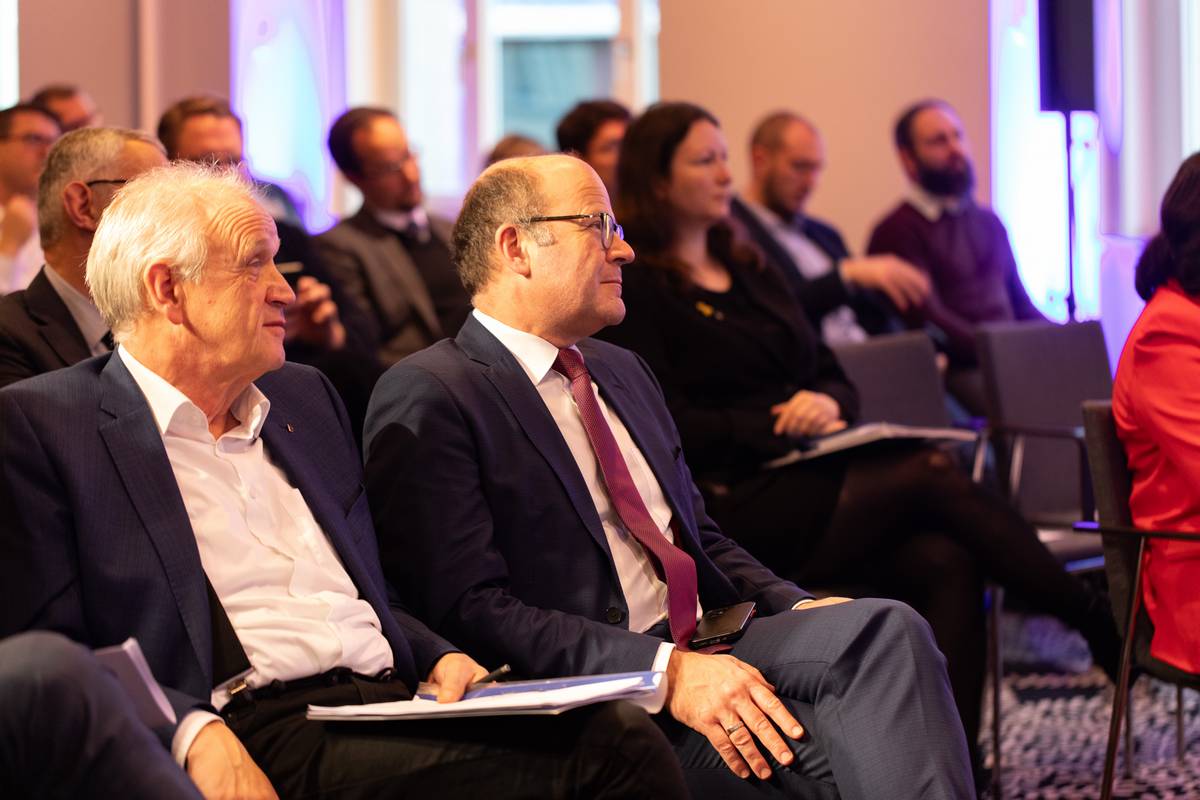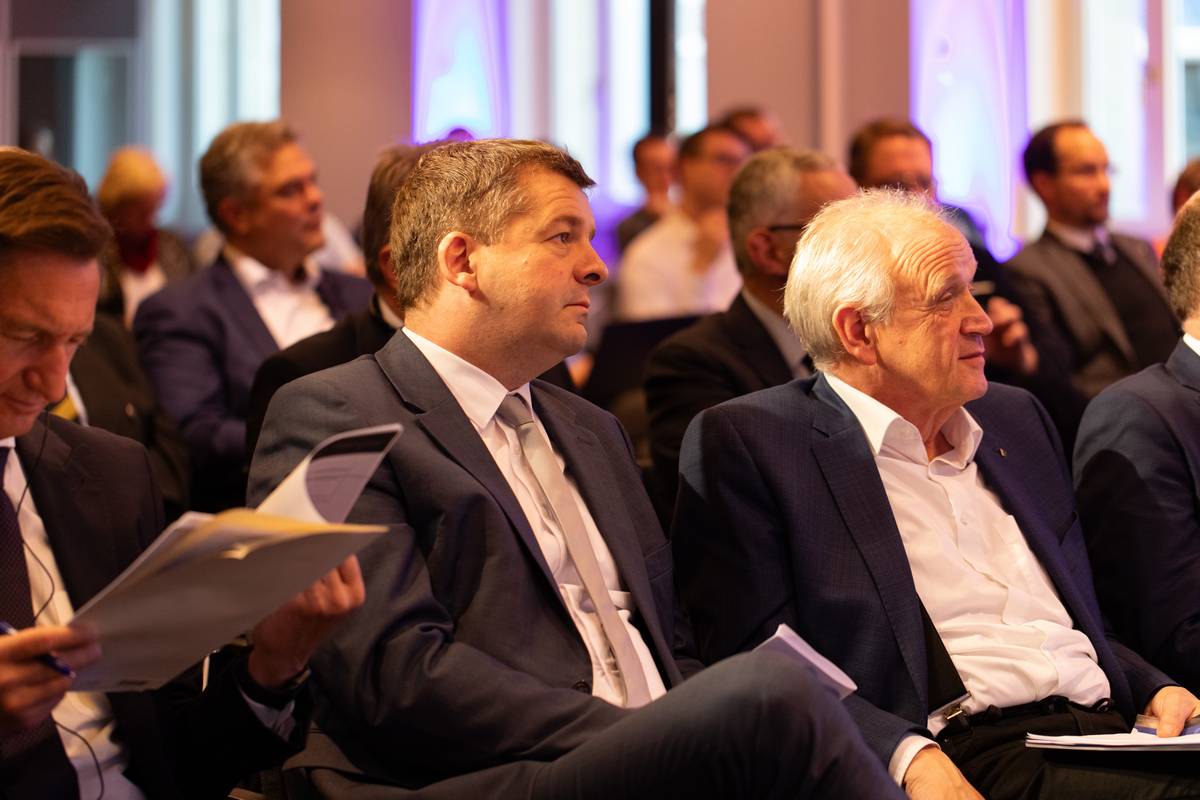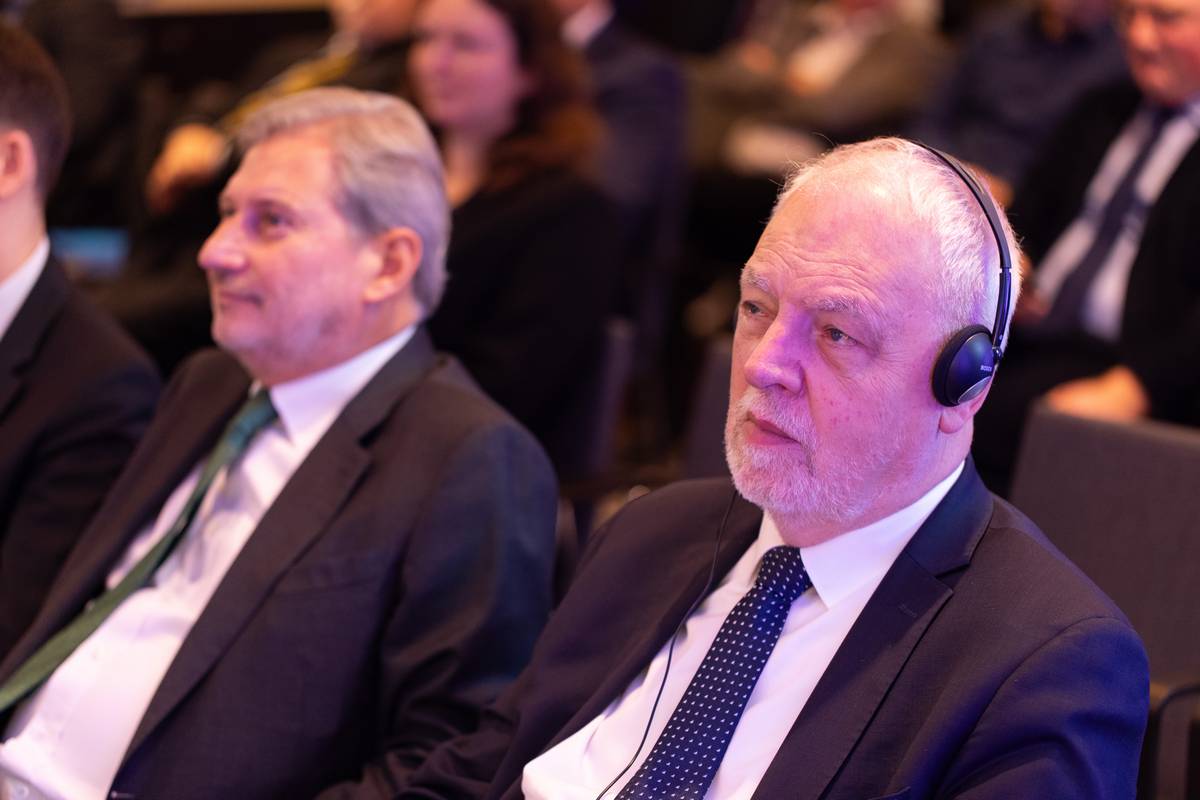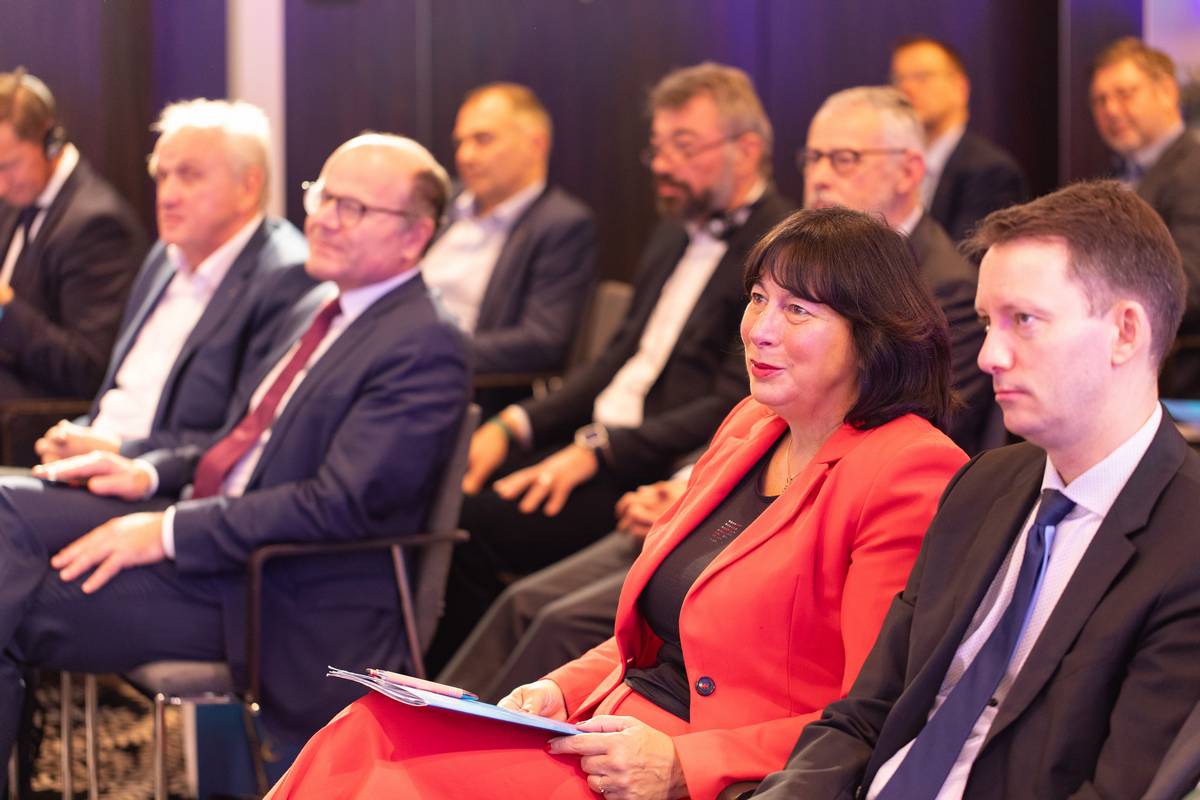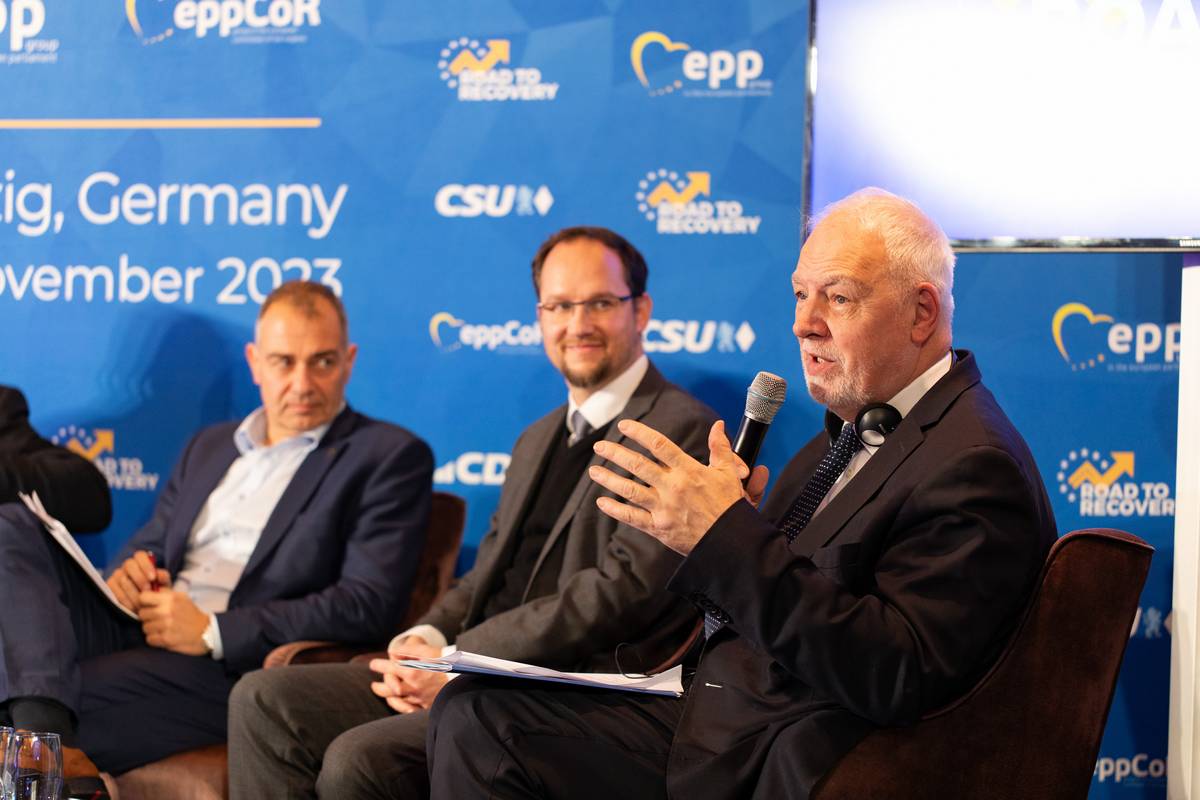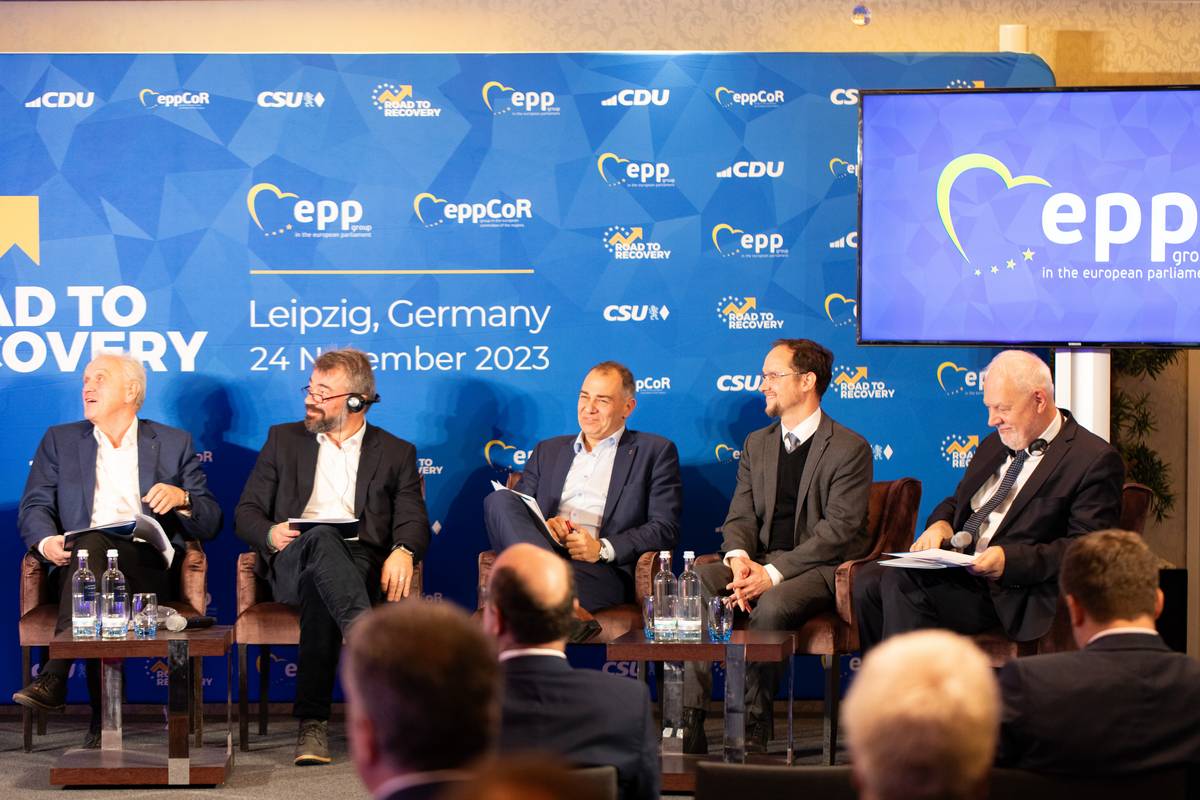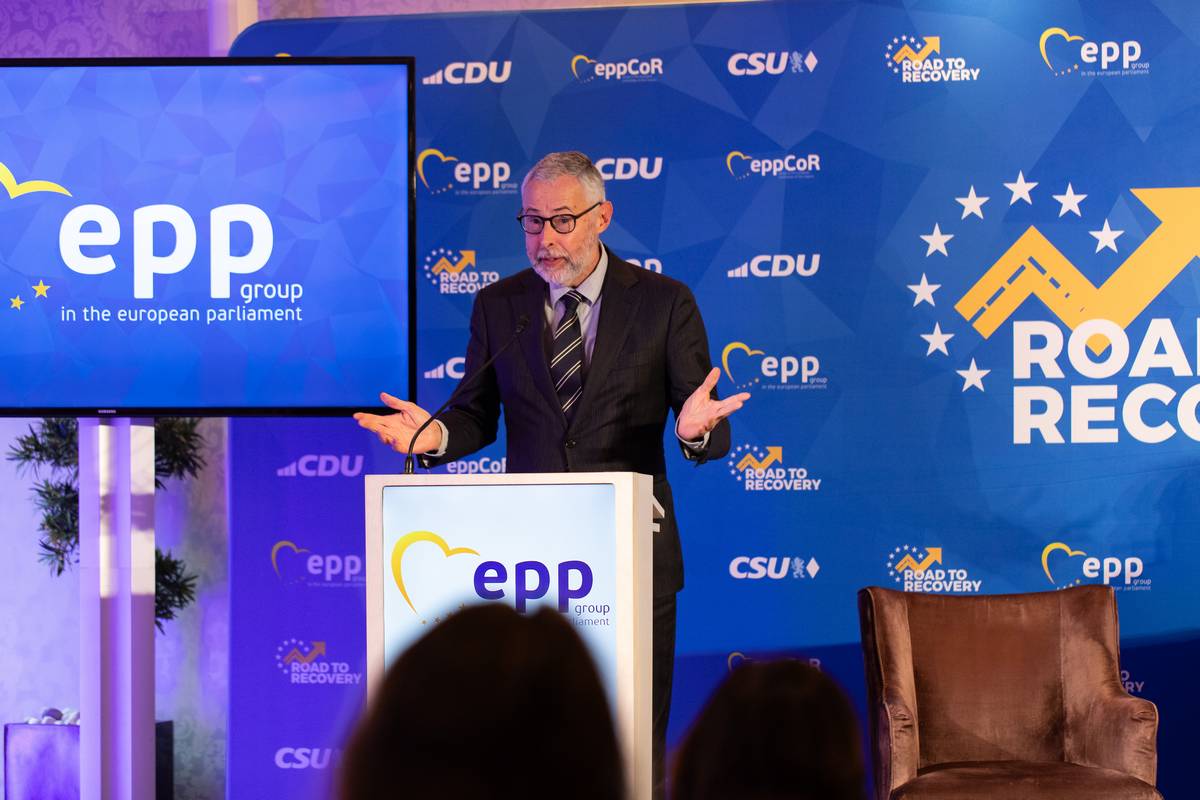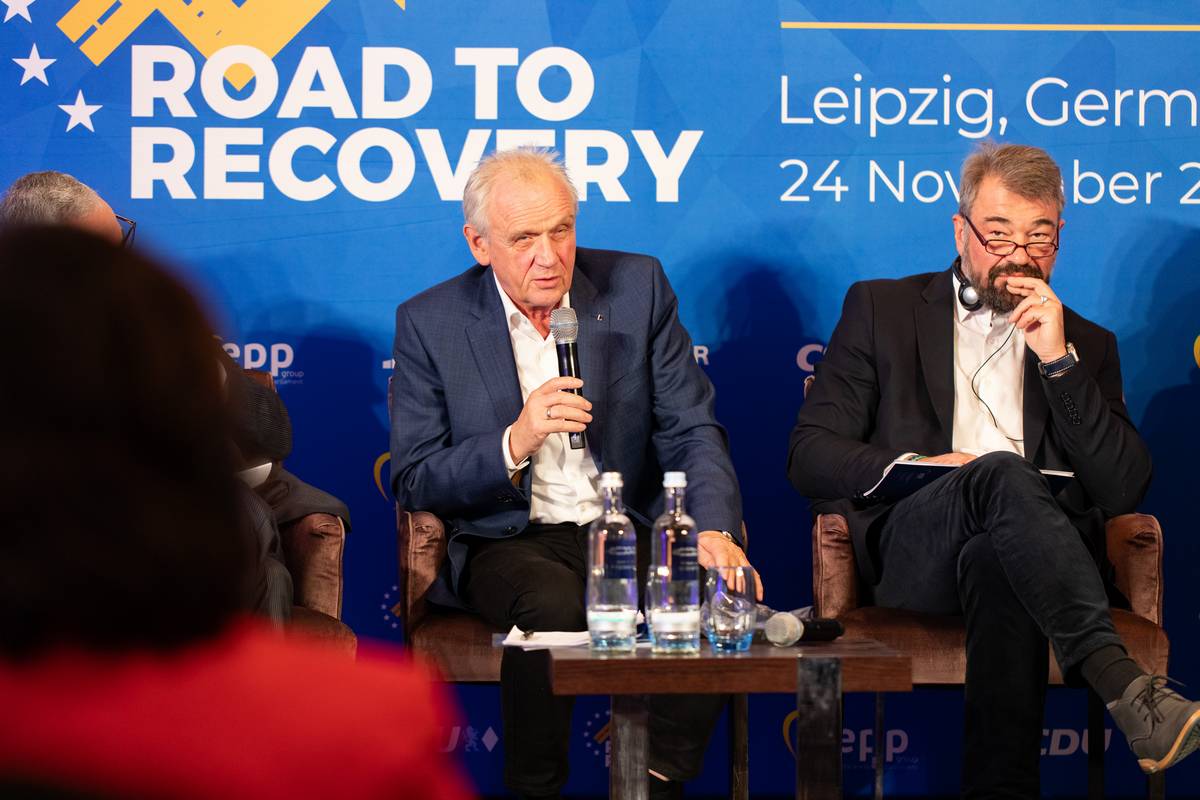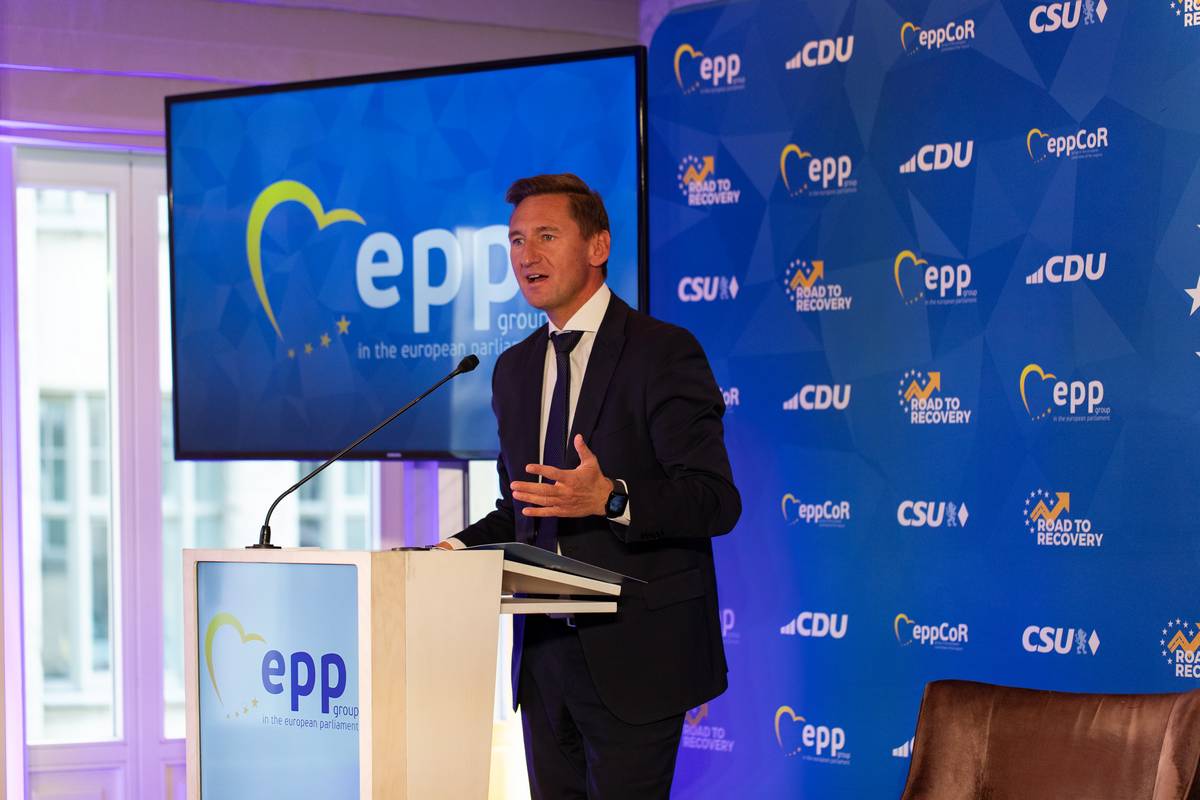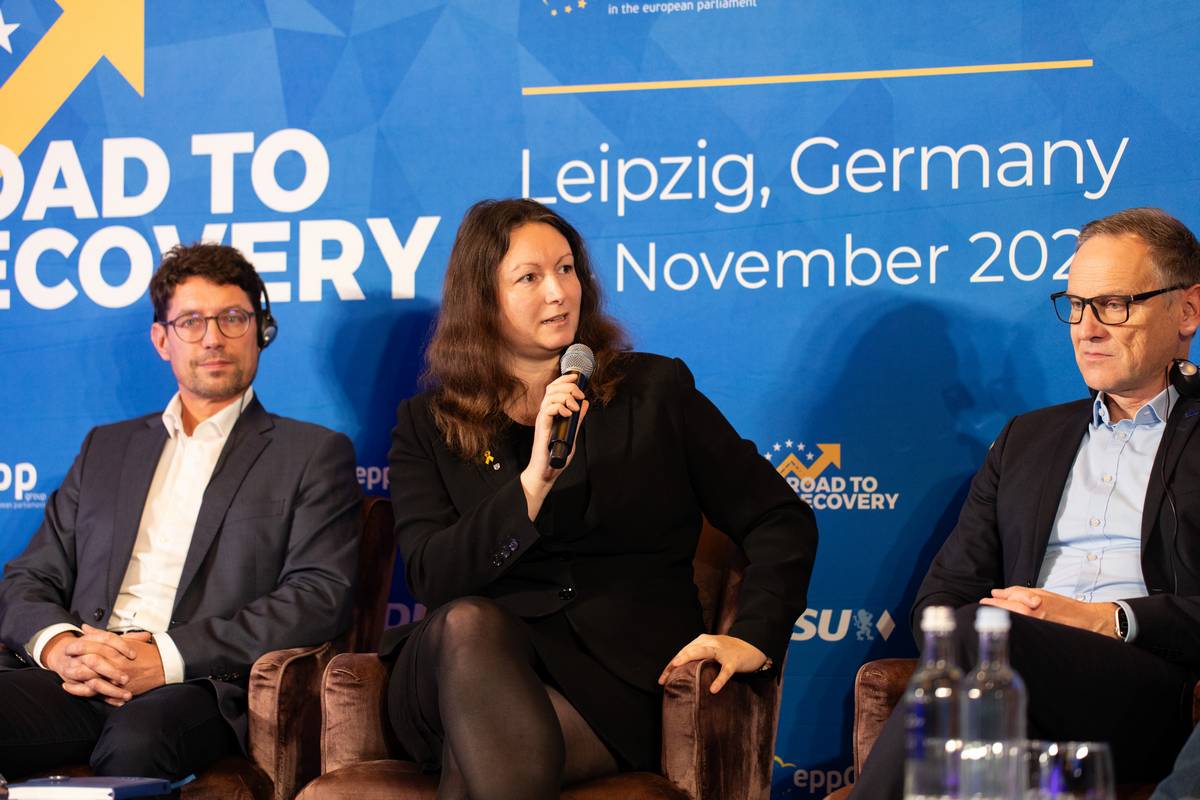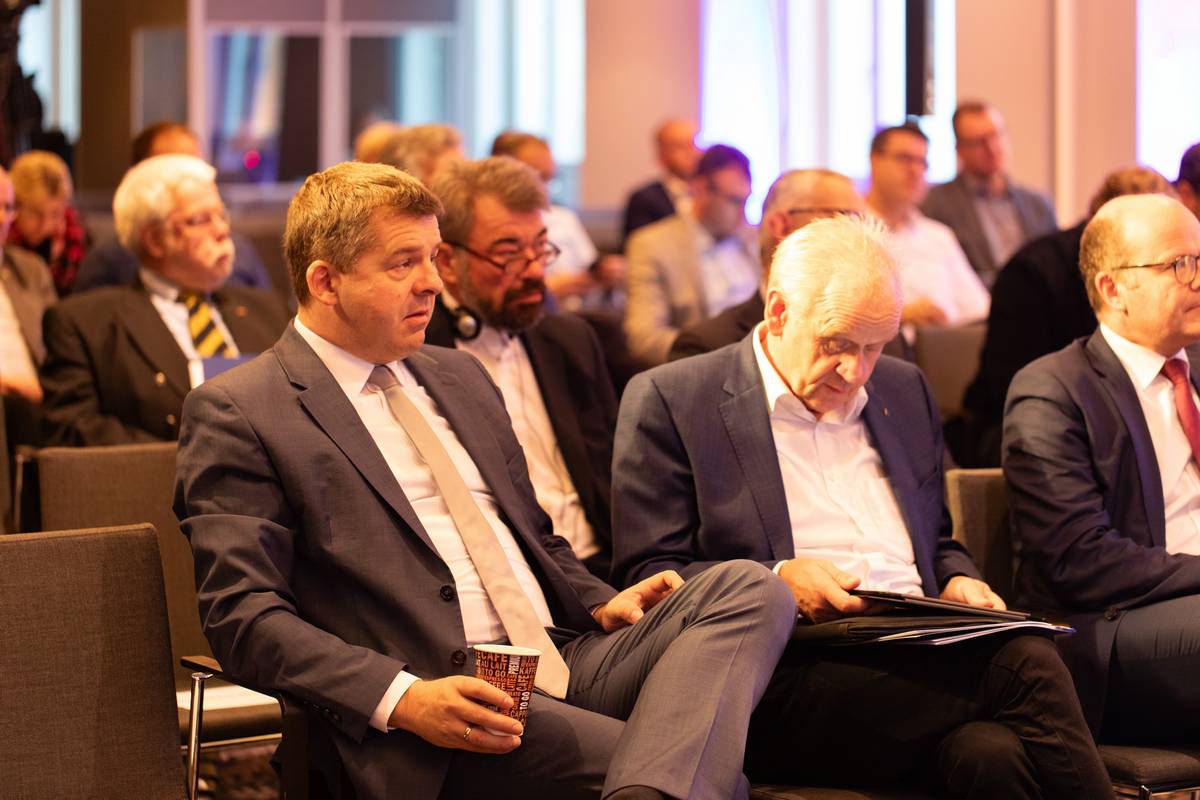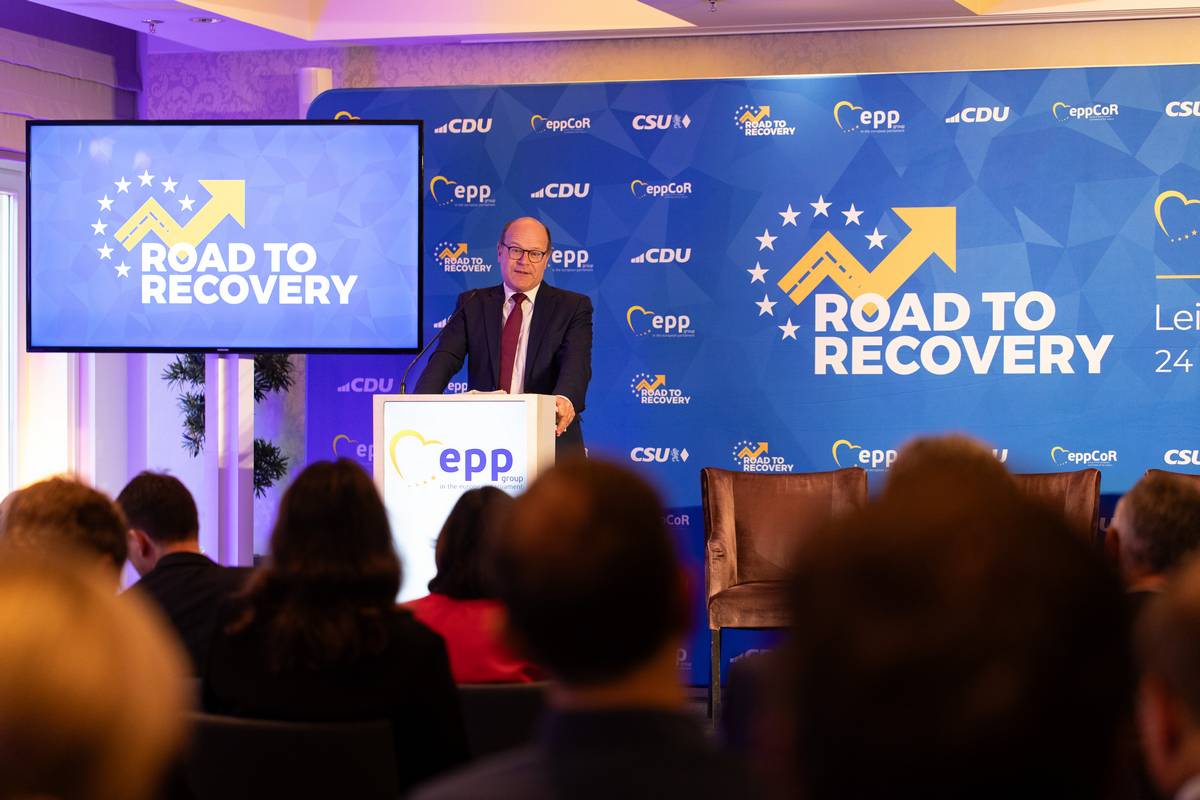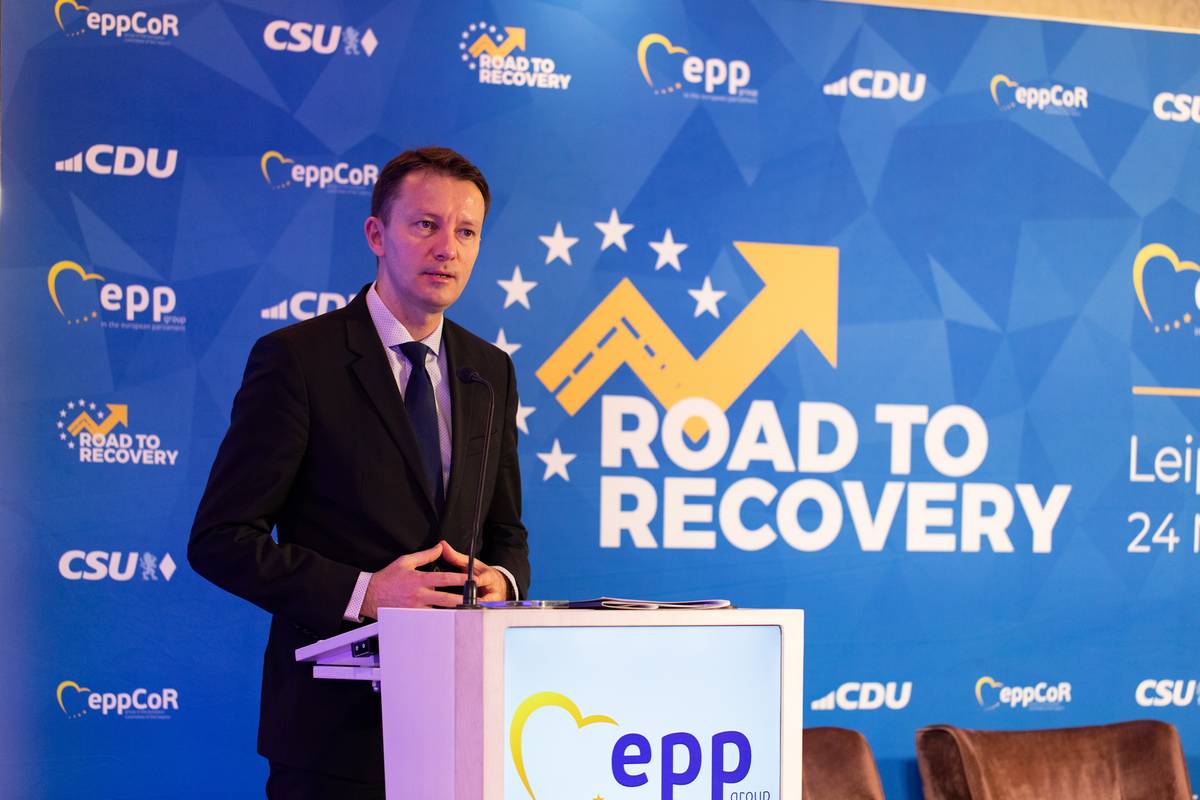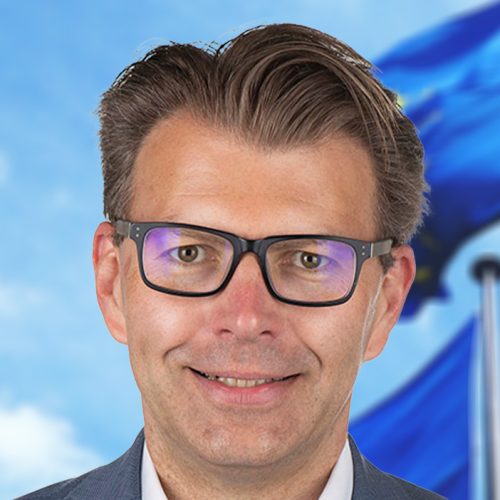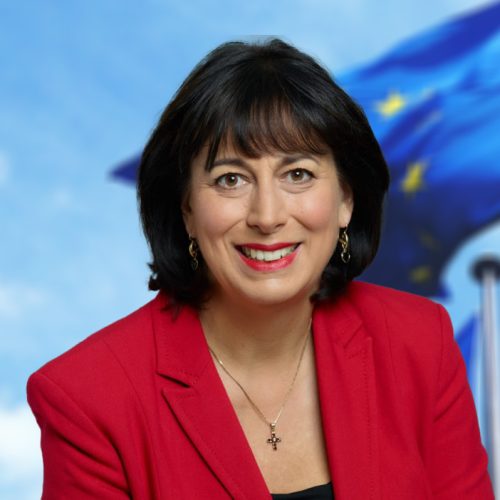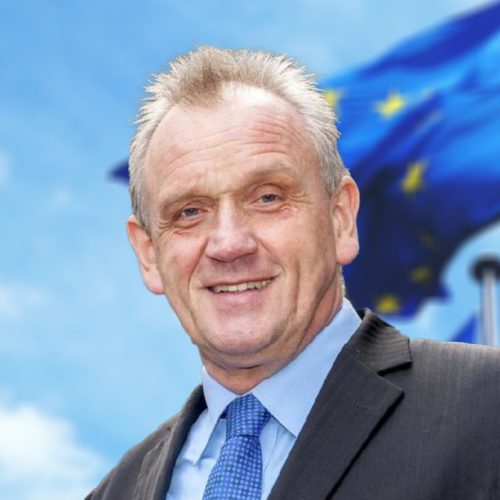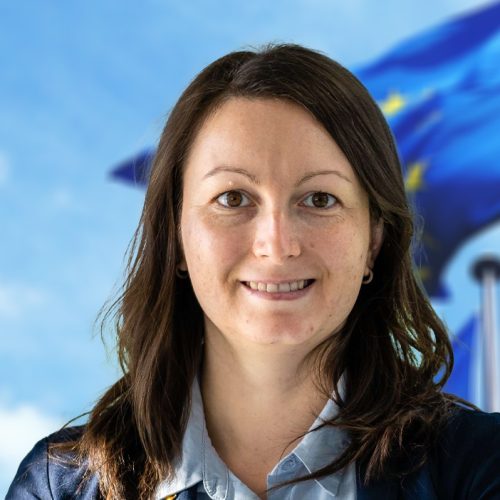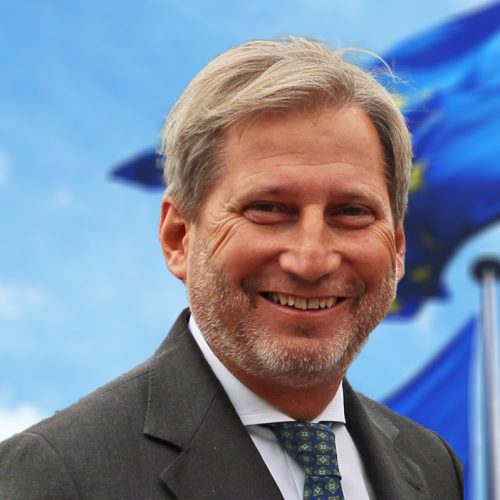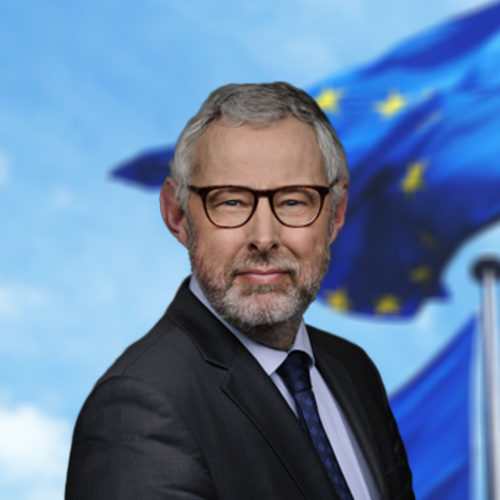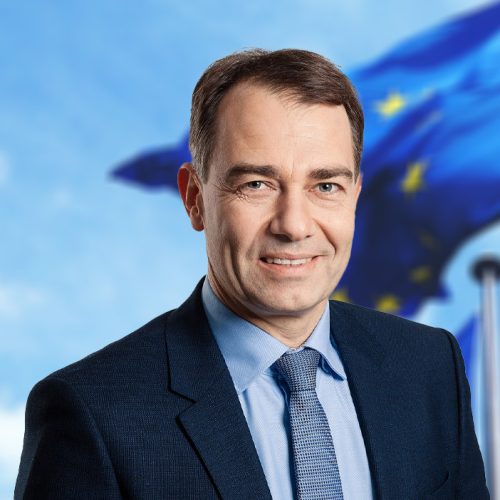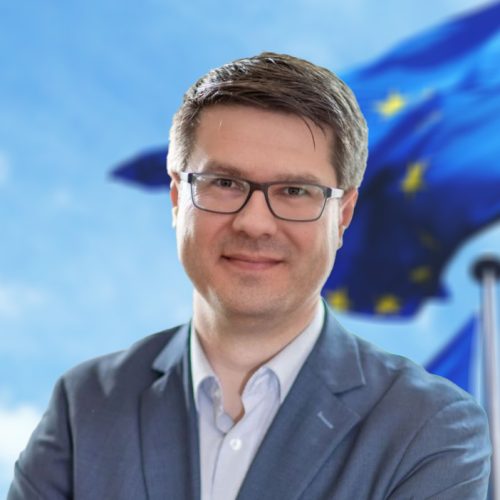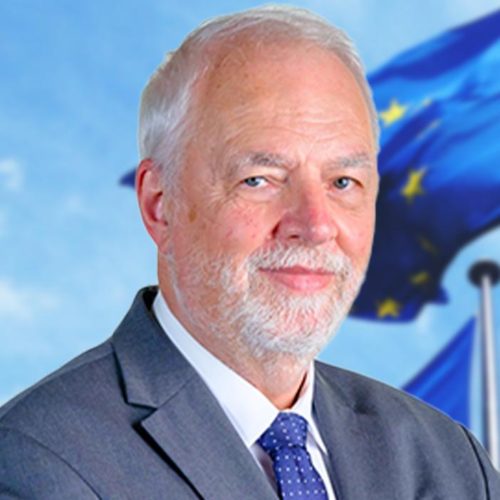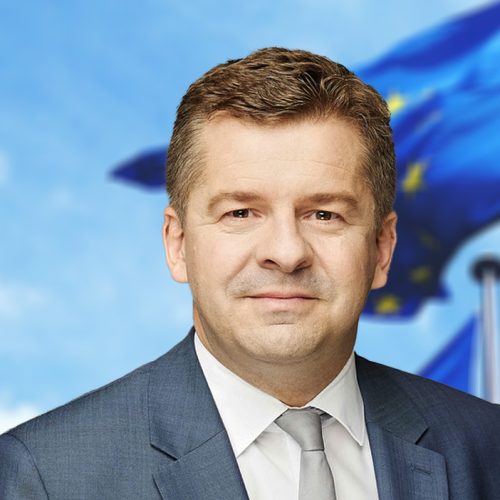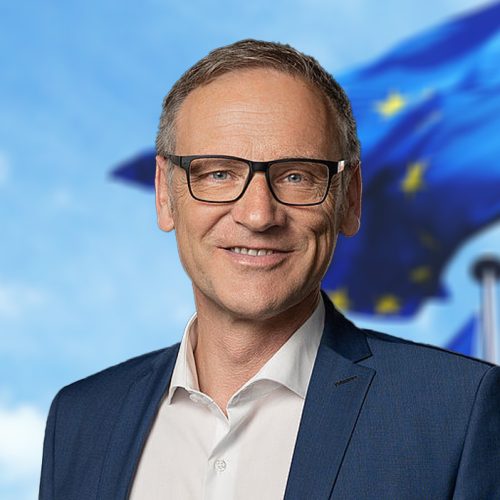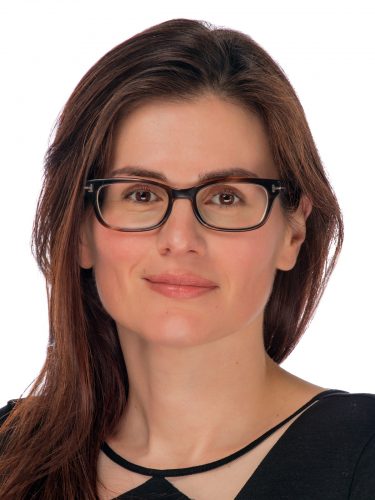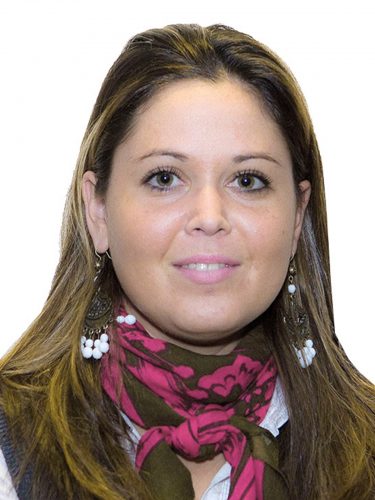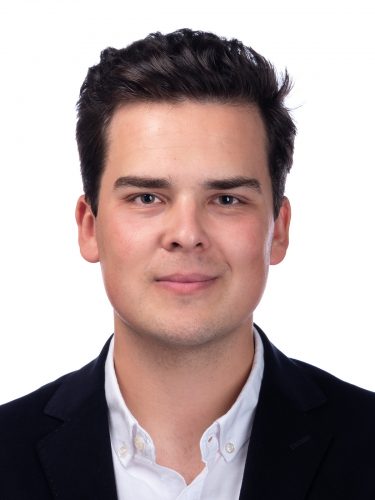Leipzig, Germany – 24 November 2023
Road to Recovery
Leipzig, Germany – 24 November 2023
PHOTO GALLERY
Welcome
The Recovery and Resilience Facility (RRF) plays a pivotal role within the German economy. By encouraging private investments and fostering structural reforms, the RRF is driving Germany's transition toward a more modern and future-oriented economy. This support extends to renewable energy and digital infrastructure in order to address Germany's climate objectives and digital transitions.
We are looking forward to discussing in Leipzig how the RRF facilitates the integration of economic areas within Germany through its reforms and incentives. Furthermore, we are eager to discuss how the RRF also facilitates cross-border cooperation with neighbouring countries like Poland and the Czech Republic, strengthening economic integration across the region.
The Recovery and Resilience Facility is the largest investment program in the history of the EU. It provides member states with a total of 338 billion Euros to stimulate the economy again after the Covid pandemic. At the same time, digitalization and decarbonisation should be pushed.
While other EU member states are already successfully using this EU program, Germany is lagging behind. The federal government has not yet been able to access larger amounts of this European funds – a total of around 30 billion Euros for Germany. This needs to change.
With this conference in Leipzig we want to help provide information about the Recovery and Resilience Facility and the possibilities of this EU program. Cities and municipalities in the East of Germany can in particular benefit from EU funds. That's what we are working for.
The European Union has established the Recovery and Resilience Facility (RRF) as its main mechanism to address the challenges of recovering from the consequences of the Covid pandemic and the Russian war of aggression against Ukraine.
It is vital that this unprecedented instrument of European solidarity is used effectively.
The RRF meeting in Leipzig will bring together local representatives of the EPP with European decision-makers to assess the progress made in implementing the RRF in Germany. The success of the Recovery and Resilience Facility depends to a large extent on the effective involvement of the local and regional level in its implementation.
The EPP Group is actively committed to ensuring that this principle is indeed respected.
As EPP regional and local politicians, we are committed to ensure all levels of government work together on the implementation of the Recovery and Resilience Facility. Indeed, as we approach the half-way lifetime mark of the RRF - in December 2023 – and with it the deadline for committing RRF funds – we need to continue to insist that the RRF achieves balanced reforms and investments, based on concrete projects for the betterment of citizens, ensuring better access for LRAs to RRF funds and full transparency and parliamentary control. On this, we welcome the additional requirement introduced with REPowerEU where Member States have to explain how the input of subnational governments is reflected in the REPowerEU chapters. In the case of Germany's implementation of the RRF, there is untapped potential at large and this needs to be addressed to avoid, in particular, the Länder and other municipalities losing out.
The European Recovery and Resilience Facility is a €750 billion fund that will be distributed across the EU to support member states in their recovery efforts following the challenges we had to face during the pandemic and currently with the Russian aggression against Ukraine. I am thrilled to be part of this as an EPP politician as we are side by side with the people on this road to recovery. This fund will help create jobs, stimulate economic growth and support the transition to a more sustainable and digital future. With this facility, people in rural areas can expect to see a boost in infrastructure, such as the improvement of roads and public transportation systems.
Background
As part of a wide-ranging response, the aim of the Recovery and Resilience Facility (RRF) is to mitigate the economic and social impact of the coronavirus pandemic and make European economies and societies more sustainable, resilient and better prepared for the challenges and opportunities of the green and digital transitions.
Currently, most National Recovery and Resilience Plans (NRRPs) are approved and implementation is underway in the Member States.
According to the Recovery and Resilience Facility Regulation, the European Parliament (EP) has an important role in the monitoring of the implementation of the Facility. It is for this reason that the Conference of Presidents has established an EP Working Group on the monitoring of the RRF.
Objectives
- Support the EPP Mayors, regional and local representatives
- Increase awareness of the Resilience and Recovery Facility in the EU Member States
- Explain the scope, objectives, targets and intended outcome of RRF projects and reforms
- Explain and make aware that all RRF money is coming from the EU
- Raise awareness of EU help in Member States
- Ensure that EPP Mayors, regional and local representatives express their point of view as regards their involvement in the drawing up and implementation of NRRP
- Provide support to EPP Mayors, regional and local representatives in highlighting shortcomings in the drawing up and implementation of NRRP and – where relevant – previous policy shortcomings by the government that have accelerated the crisis
- Provide a platform for citizens, businesses, NGOs and other stakeholders as regards the process of drawing up and implementation of NRRP
- Promote the NRRP by highlighting the benefits of the reforms and investments for the development of the targeted Member States. Highlight specific investment projects implemented through the RRF
SPEAKERS
(Listed Alphabetically)
PROGRAM
Registration of Participants
30 min
09:00
Welcome
Welcome by:
- Marion WALSMANN
- Oliver SCHENK
20 min

WALSMANN, Marion
MEP, Vice-Chair of the German Delegation of the EPP-Group in the European Parliament

SCHENK,Oliver
Chief of the Saxon State Chancellery and State Minister
09:20
Introductory Remarks
Introductory remarks by:
- Siegfried MUREŞAN
10 min

MUREŞAN, Siegfried
MEP | Vice-Chair of the EPP Group in the European Parliament (EP) | Chairman of the Working Group for Budget and Structural Policies
09:30
Keynote Speech
Keynote speech:
- Johannes HAHN
Special intervention by:
- Sven SCHULZE
30 min
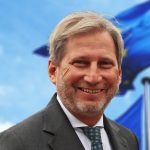
HAHN, Johannes
Commissioner for Budget and Administration
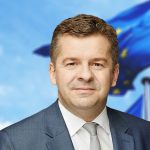
SCHULZE, Sven
Minister for Economic Affairs, Tourism, Agriculture and Forestry of the Federal State of Saxony-Anhalt
10:00
Panel I
Involvement of local authorities in the design and implementation of the Recovery Plan: lessons learnt
Moderated by
- Jan OLBRYCHT
Opening by
- Rob JONKMAN
- Franz-Josef WILLEMS
Speakers
- Thomas GOTTWEISS
- Peter KLEINE
Open debate
1h 20m
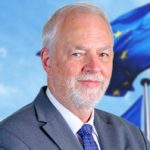
OLBRYCHT, Jan
MEP | Vice-Chair of the EPP Group in the European Parliament
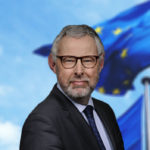
JONKMAN, Rob
Alderman of the municipality of Opsterland, Netherlands, Member of EPP-CoR
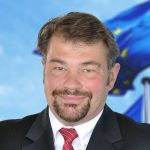
WILLEMS, Franz-Josef
Managing Director, EPC Engineering & Technologies GmbH
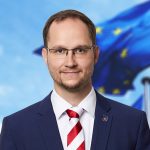
GOTTWEISS, Thomas
Member of the CDU-Group in the State Parliament of Thuringia, Energy Policy Spokesman
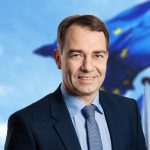
KLEINE, Peter
Lord Mayor of Weimar
11:20
Coffee Break
30 min
11:20
Panel II
Enhancing synergies between the recovery funds and the traditional EU funds: key to a speedy recovery and resilience
Moderated by:
- Olgierd GEBLEWICZ
Opening by:
- Andy GRABNER
Speakers:
- Karolin BRAUNSBERGER-REINHOLD
- Bernd SOMMER
- André NEUMANN
- Sven LIEBHAUSER
Open debate
30 min
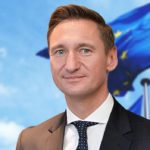
GEBLEWICZ, Olgierd
President of the EPP Group in the European Committee of the Regions | President of West Pomerania Region

GRABNER, Andy
District Administrator of the Anhalt - Bitterfeld district

BRAUNSBERGER-REINHOLD, Karolin
MEP, Member of the Committee on Regional Development (REGI)

SOMMER, Bernd
Mayor of Waldsassen

NEUMANN, André
Lord Mayor of Altenburg

LIEBHAUSER, Sven
Lord Mayor of the large district town of Döbeln
13:10
Concluding Remarks
Concluding remarks by:
- Siegfried MUREŞAN
- Peter JAHR
20 min

MUREŞAN, Siegfried
MEP | Vice-Chair of the EPP Group in the European Parliament (EP) | Chairman of the Working Group for Budget and Structural Policies

JAHR, Peter
MEP, Member of the Committee on Regional Development (REGI)
13:30
Lunch
Restaurant located on the 1st floor of the Steigenberger Hotel
DOCUMENTS

Report
“Road to Recovery”
24 November 2023
Leipzig, Germany
Road to Recovery: Zukunft gestalten, ländliche Räume stärken
Stadt und Land gemeinsam entwickeln, regionale Ungleichheiten überwinden.
Next Generation EU (NGEU) delivery – How are the Member States doing?
Germany’s National Recovery and Resilience Plan
Latest state of play
Program Conference on “Road to Recovery”
24 Nov 2023
09:00-13:30
Leipzig, Germany
Steigenberger Hotel
Interpretation: EN DE
VENUE
Steigenberger Icon Grandhotel Handelshof

Salzgaesschen 6
04109 Leipzig
Germany
REGISTRATION IS CLOSED FOR THIS EVENT
27
COUNTRIES
11
SPEAKERS
10
PROGRAMS


